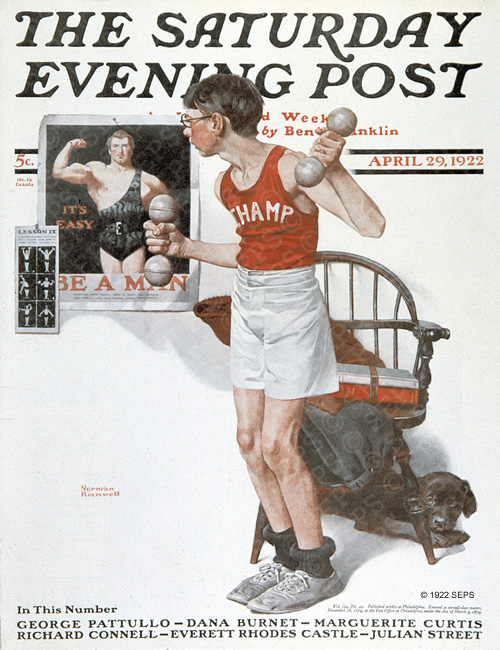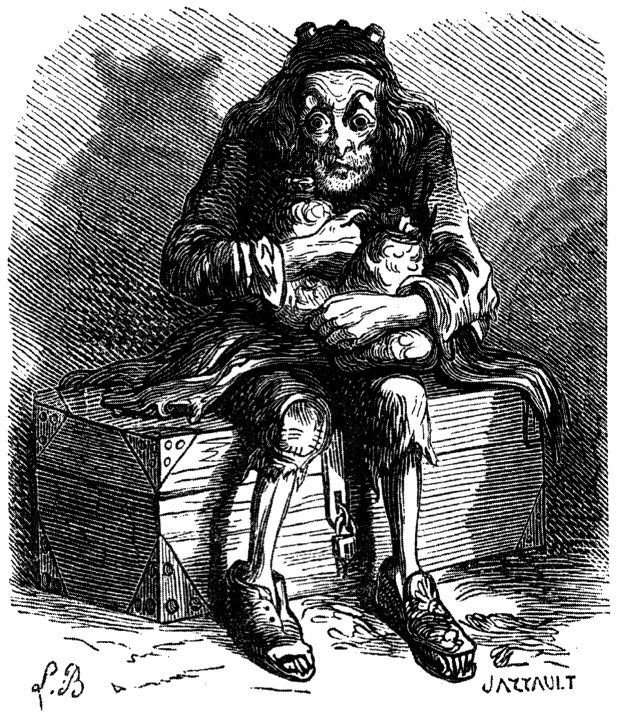In today’s readings we have two people who’ve received healing from God and recognize the need to thank him, and nine who should know better and don’t. Naaman washed in the river Jordan, reminding us of the spiritual cleansing from sin we received at Baptism. Miraculous healings from leprosy in today’s readings remind us of the miracle of Our Lord in his mercy healing us of sin’s effects. When’s the last time you thanked Our Lord for all that he has done for you?
In today’s First Reading Naaman is so grateful for being healed of his leprosy in Israel by following Elisha’s instructions that he wants to take some of the Promised Land back home to Syria with him. We too were spiritually unclean before our Baptism. It was not our fault, like all lepers, but, nonetheless, we were spiritually sick and rotting. Just as Naaman washed himself in the Jordan we washed ourselves at the Baptismal fount and were made spiritually clean, our sins washed away. Just as Naaman took a little of the Promised Land with him to always remember to whom he owed his healing, our Promised Land, the seed of eternal life, is sown in Baptism and remains with us as long as we don’t forget and act against the gift we received.
The Samaritan in today’s Gospel went back to Our Lord when he realized he was clean. The fact that he is a Samaritan makes it even more astounding: Jews wanted nothing to do with Samaritans, and vice versa. The Samaritans had their own worship and he would have probably returned to his own people to be certified clean, just as the other nine, if they were Jews, would go to the Temple so that the priests, as required by Mosaic Law, certified their healing. The ten lepers have faith, but only one of them has the faith that goes the distance in terms of acknowledging God: the Samaritan who returns to Jesus to thank him upon realizing that he’s been cured, a Samaritan, unlike the Jews, who didn’t even have all the spiritual resources at the time that a Jew would. Naaman hadn’t either.
Yet the nine, despite all they’d received, didn’t thank Our Lord. Ingratitude hurts, and those men had as much for which to be thankful as the Samaritan and Naaman did. The Lord in his mercy did not reverse his miracle, but he expected and deserved more. Just as the Rich Young Man turned away from Our Lord and drifted from anonymity to oblivion in the Gospel account, so these nine are only remembered for what the Lord did for them, for their lack of gratitude, and for the grace of God that they let pass by: friendship with Christ.
Every year those who participate in the Easter Vigil renew their baptismal promises. Parents and godparents do it too when children are baptized. Meditating on and renewing your baptismal vows can be very helpful in gauging your fervor:
- “Do you reject Satan? And all his works? And all his empty promises?”
- “Do you reject sin, so as to live in the freedom of God’s children? Do you reject the glamour of evil, and refuse to be mastered by sin? Do you reject Satan, father of sin and prince of darkness?”
- “Do you believe in God, the Father almighty, creator of heaven and earth?”
- “Do you believe in Jesus Christ, his only Son, our Lord, who was born of the Virgin Mary, was crucified, died, and was buried, rose from the dead, and is now seated at the right hand of the Father?”
- “Do you believe in the Holy Spirit, the holy catholic Church, the communion of saints, the forgiveness of sins, the resurrection of the body, and the life everlasting?”
Readings: 2 Kings 5:14–17; Psalm 98:1–4; 2 Timothy 2:8–13; Luke 17:11–19. See also 32nd Week in Ordinary Time, Wednesday.


